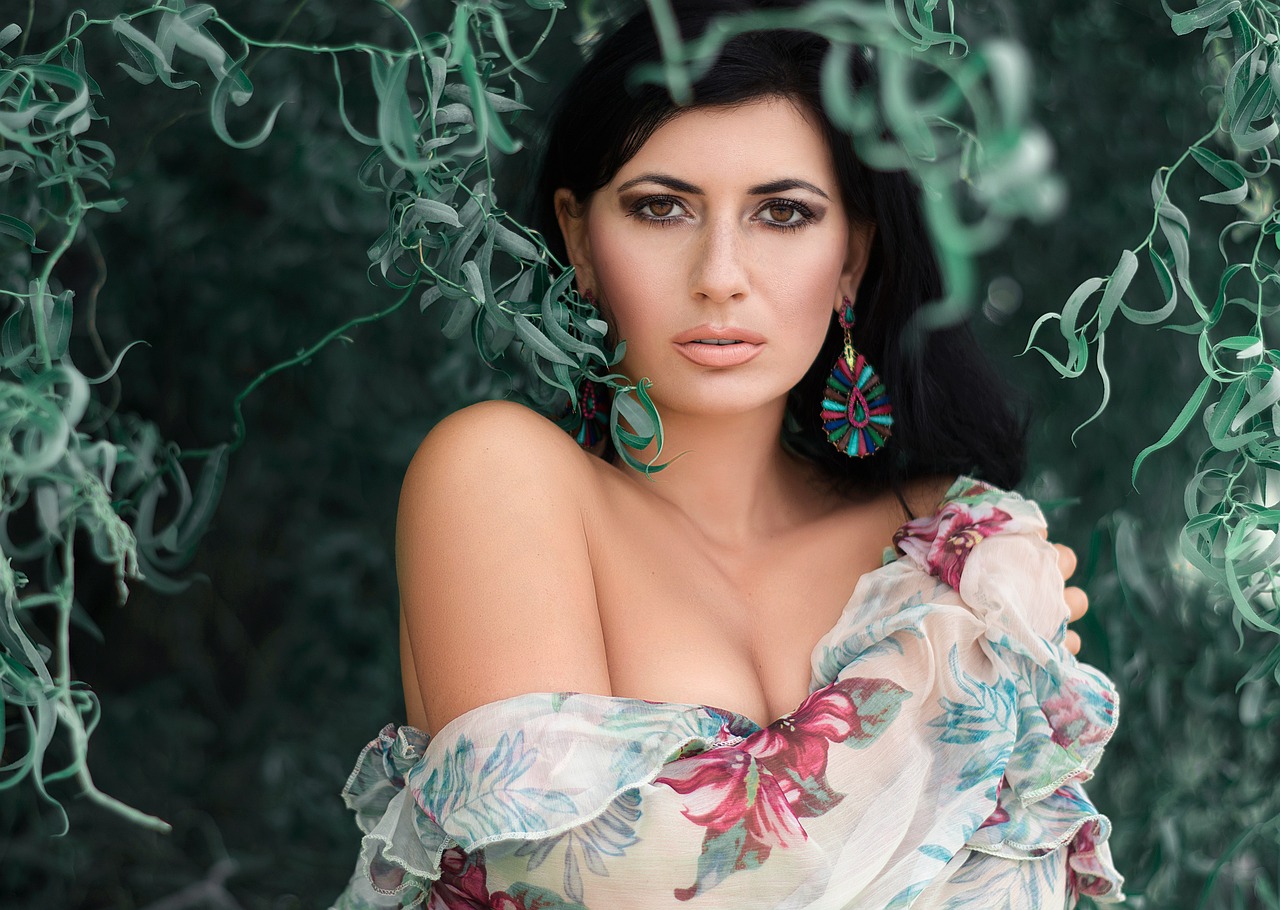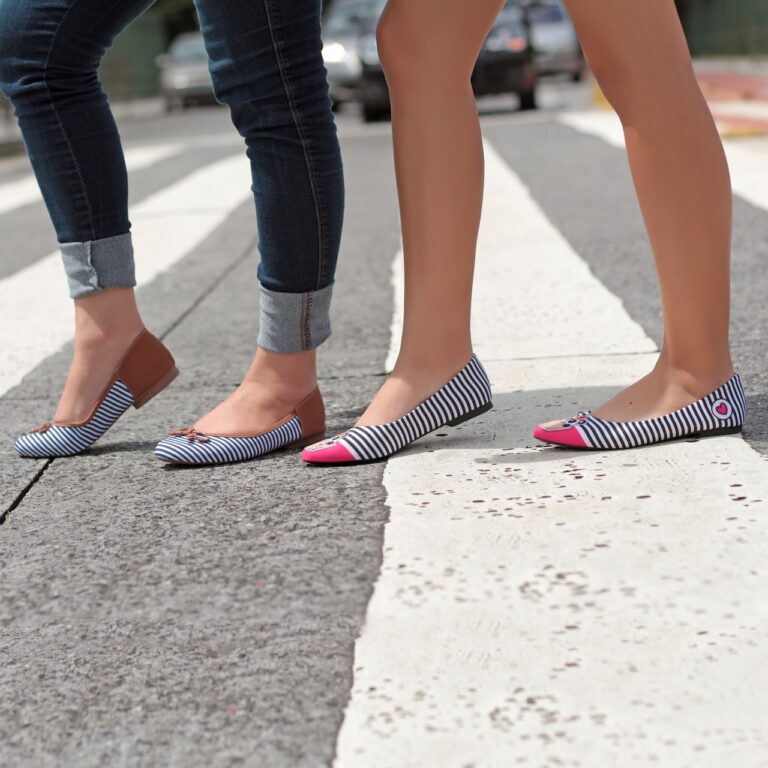Fashion and Social Change: How Clothing Reflects and Shapes Society
In today’s fast-paced world, fashion plays a significant role in reflecting and shaping society. From the clothes we wear to the styles we choose, fashion has the power to influence culture, politics, and social norms. But how exactly does clothing reflect and shape society? Let’s delve into this fascinating topic and explore the intricate relationship between fashion and social change.
The Evolution of Fashion
Throughout history, fashion has evolved alongside societal changes. From the opulent garments worn by royalty in ancient civilizations to the casual and practical attire of the modern era, fashion has always been a reflection of the values, beliefs, and trends of a particular society. In ancient Egypt, for example, clothing was not just a form of self-expression but also a symbol of social status and identity. The intricate designs and luxurious fabrics used in ancient Egyptian garments reflected the wealth and power of the ruling class.
The Role of Fashion in Social Movements
One of the most significant ways in which fashion reflects and shapes society is through its role in social movements. Throughout history, clothing has been used as a form of protest and resistance. From the suffragettes wearing white dresses to symbolize purity and unity in their fight for women’s rights to the civil rights activists donning dashikis and afros as a symbol of pride and solidarity, fashion has played a crucial role in amplifying the voices of marginalized communities.
The Influence of Fashion on Body Image
In addition to reflecting social change, fashion also has the power to shape societal norms and attitudes. The fashion industry, with its emphasis on thinness and youth, has been criticized for perpetuating unrealistic beauty standards and contributing to body image issues. The rise of body positivity movements and the increased visibility of diverse body types on the runway are challenging these narrow beauty ideals and promoting a more inclusive and body-positive fashion culture.
The Sustainability Revolution in Fashion
Another important aspect of fashion’s impact on society is its environmental footprint. The fashion industry is one of the most polluting industries in the world, with harmful practices such as fast fashion and textile waste contributing to environmental degradation. However, in recent years, there has been a growing movement towards sustainability in fashion, with many designers and brands embracing eco-friendly practices and advocating for a more ethical and environmentally conscious approach to fashion production.
Conclusion
As we can see, fashion is not just about clothes; it is a powerful tool for social change and cultural expression. By understanding the ways in which clothing reflects and shapes society, we can appreciate the transformative power of fashion and harness its potential to create a more equitable and inclusive world.
FAQs
What is the relationship between fashion and social change?
Fashion plays a significant role in reflecting and shaping society. The clothes we wear, the styles we choose, and the trends we follow all have the power to influence culture, politics, and social norms.
How does fashion reflect societal values and beliefs?
Fashion reflects societal values and beliefs by showcasing the prevailing attitudes, trends, and preferences of a particular culture. From the opulent garments of ancient civilizations to the casual attire of the modern era, fashion has always been a reflection of society’s values.
How can fashion be used as a form of protest?
Fashion can be used as a form of protest by challenging societal norms and advocating for social change. Throughout history, clothing has been used as a powerful tool to amplify the voices of marginalized communities and challenge oppressive systems.
What is the impact of the fashion industry on environmental sustainability?
The fashion industry is one of the most polluting industries in the world, with harmful practices such as fast fashion and textile waste contributing to environmental degradation. However, there is a growing movement towards sustainability in fashion, with many designers and brands embracing eco-friendly practices to reduce their environmental footprint.
How can individuals contribute to a more sustainable fashion industry?
Individuals can contribute to a more sustainable fashion industry by supporting eco-friendly brands, shopping second-hand, and advocating for transparency and ethical practices within the fashion industry. By making conscious choices about what we wear, we can help reduce the environmental impact of the fashion industry.







